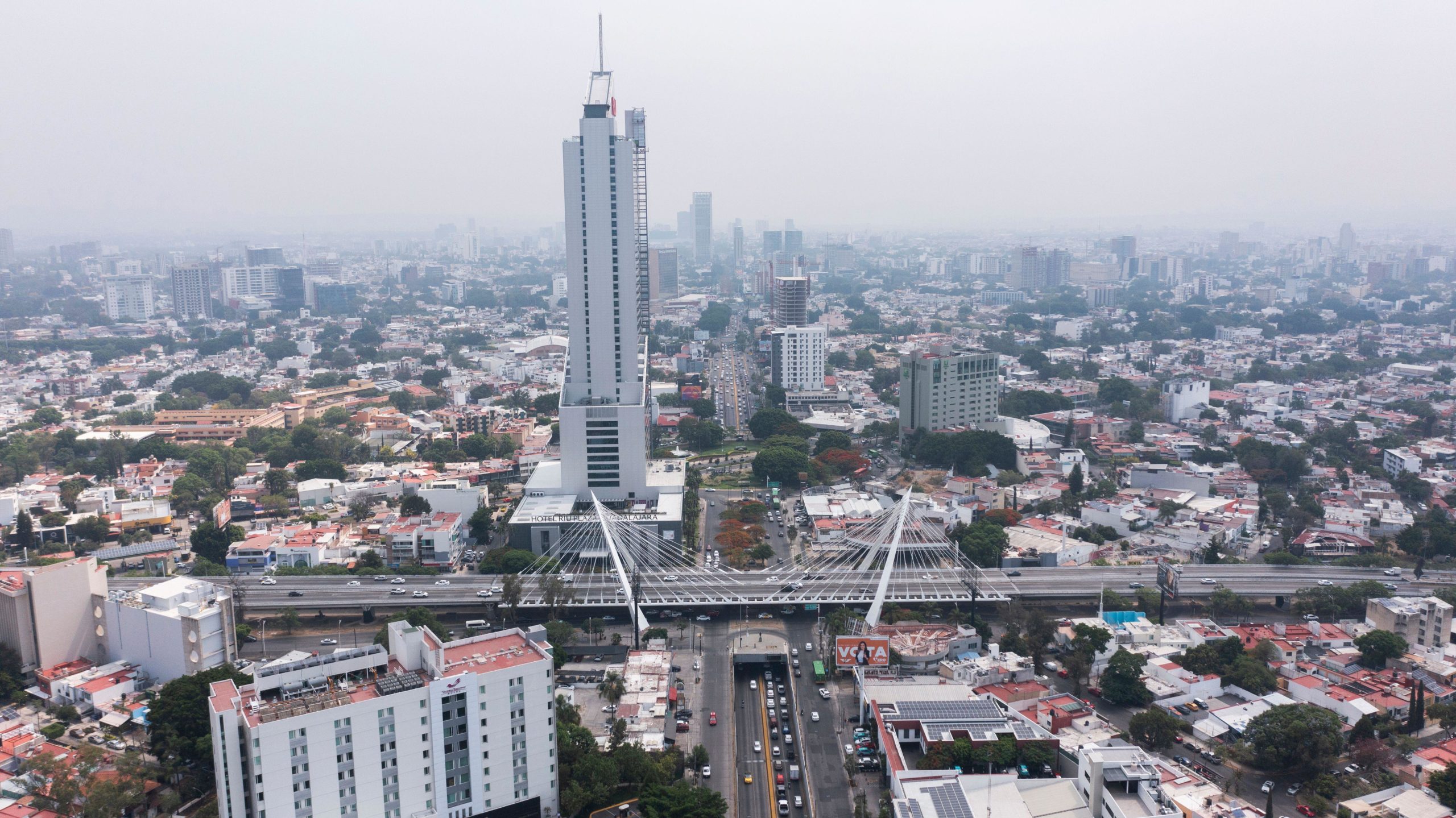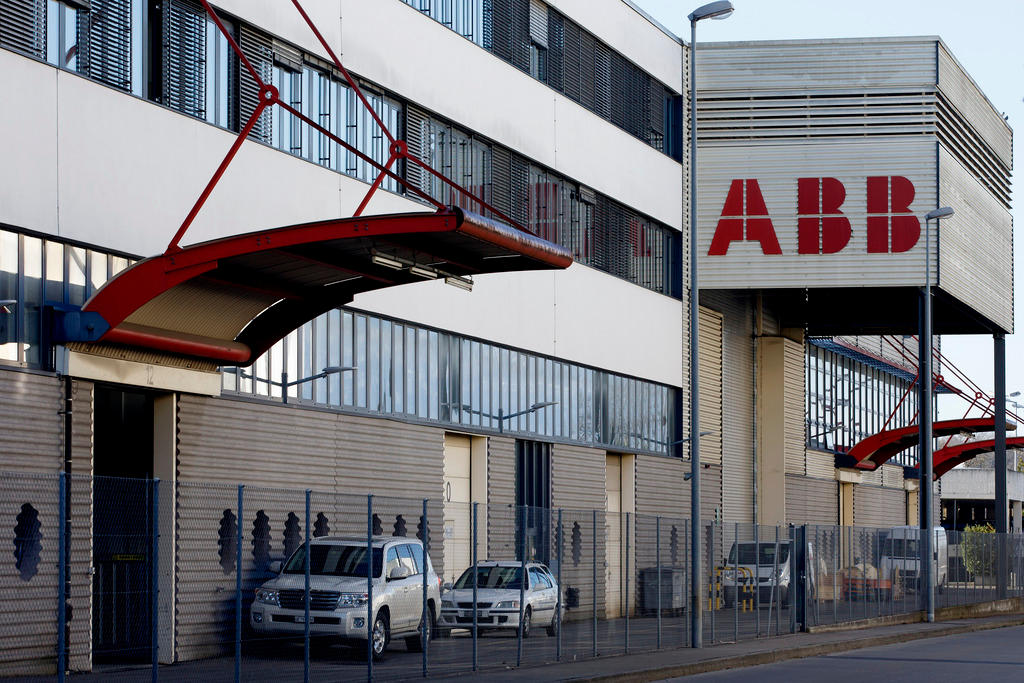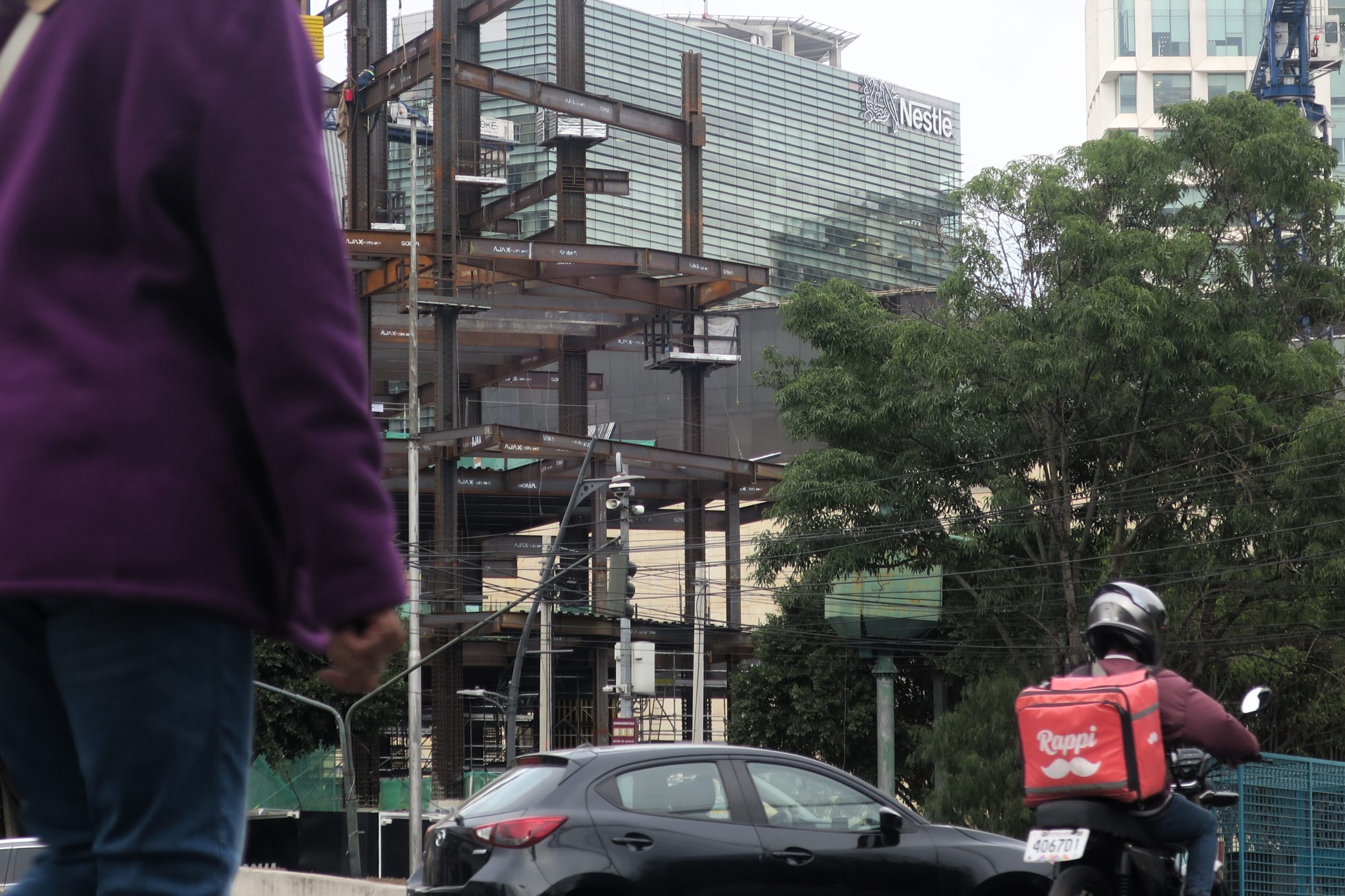Mexico is an ideal location both geographically and economically. New registrations from Swiss companies are currently the order of the day. Credit: Matt Gush / Alamy Stock Photo Listen to the article Listening the article Toggle language selector English (US)
Topics:
Swissinfo considers the following as important: 3) Swiss Markets and News, 3.) Swissinfo Business and Economy, Featured, newsletter
This could be interesting, too:
RIA Team writes The Importance of Emergency Funds in Retirement Planning
Nachrichten Ticker - www.finanzen.ch writes Gesetzesvorschlag in Arizona: Wird Bitcoin bald zur Staatsreserve?
Nachrichten Ticker - www.finanzen.ch writes So bewegen sich Bitcoin & Co. heute
Nachrichten Ticker - www.finanzen.ch writes Aktueller Marktbericht zu Bitcoin & Co.

American companies are relocating to Mexico due to supply-chain issues and political power plays between the United States and China. This phenomenon is having a ripple effect on Swiss businesses, for which US companies are important customers.
From logistics companies and engineering firms to pharmaceutical manufacturers, Swiss companies have long been present in Mexico, the second-largest economic power in Latin America after Brazil. However, an extraordinary growth spurt has been perceptible over the past four years. Well established Swiss businesses have opened additional sites and new firms are arriving in Mexico, despite the Covid-19 pandemic – or rather, because of it.
One example of this growth is Monosuisse, a company that produces monofilament yarns for industry. In 2023, the business expanded its production facility in Querétaro, north of Mexico City: it increased the size of its plant by 50% and boosted capacity to up to 5,000 tonnes per year.
“We have grown successfully and will continue this high rate of growth,” says CEO Hanspeter Meier about the development over the last four years. He says Mexico is an ideal location for supplying companies in the US and American companies that have relocated their production to Mexico.
More

More
Business stories by SWI swissinfo.ch
Swiss companies following US customers
Nearshoring is the trend of US companies relocating their branches and production sites from faraway Asia to nearby Mexico. A similar trend has been triggered in Europe following pandemic-related logistics problems. In addition, for US companies, economic tensions with China that pre-date the pandemic played a role: in 2023, Mexico overtook China to become the most important US trading partner.
Mexican labour costs are still significantly lower than in industrialised countries, and thanks to the free trade agreement between the US, Mexico and Canada (USMCA), goods can be transported north duty-free. US businesses are important customers for Swiss companies. They are so important, in fact, that it is worthwhile for some to move to Mexico, following customers who have relocated from Asia. And it’s not just Swiss companies that are making this move: Swiss logistics firm Kühne+Nagel is currently advising nearly 90 companies from all over the world on developing their supply chains through new sites in Mexico, according to Kühne+Nagel North America.
More

More
Swiss industries announce series of offshoring moves
Qualified workers and important consumers
It is not only a logistics partner that newcomers need, but also an insurer. Zurich Insurance sees the “market entry of new companies and growth through companies already operating in Mexico opening new plants” as an opportunity to anchor new strategic business segments in the country.
“Mexico already offers many advantages,” says Valentin Pfyffer of the Swiss-Mexican Chamber of Commerce SwissCham, for which new registrations from Swiss companies are currently the order of the day. “In addition to its proximity to the US, the country is also accessible from two oceans.” There is also no shortage of suitable labour.
“There are skilled employees here qualified for managerial positions and, at the same time, less well-trained workers required for production roles,” adds Pfyffer.
Finally, the 130 million Mexicans are important consumers themselves. Mexico holds the record for drinking the most Nescafé, the beans for which are grown in the state of Veracruz. Producer Nestlé is the largest Swiss employer in the country, accounting for 17,000 of the 40,000 people who work for Swiss companies in the country. The food giant, which has courted controversy in Mexico, opened its CHF15 million ($17 million) coffee cream powder (Coffeemate) factory in the state of Chiapas in November 2023.

Direct investment as a business magnet
Another economic advantage is that foreign direct investment (FDI), such as the establishment of a subsidiary or branch, is permitted in Mexico without restrictions or government approval. As “one of the emerging countries that is most open to foreign direct investment”, Mexico is a convenient location for the pharmaceutical multinational Novartis, says Satoshi Sugimoto, its director of external communications.
Outgoing Mexican President Andrés Manuel López Obrador also never tires of emphasising the good conditions for foreign companies to set up in Mexico – even though it is largely external and geographical circumstances that make Mexico a desirable location for companies. Favourable legal conditions, such as direct investment, already existed before he assumed office.
SwissCham has opened three new offices north of its headquarters in Mexico City in the last two years: in Querétaro, Monterrey and Guadalajara.
“While Swiss companies usually have their headquarters in the capital, their workshops and factories are outside the city,” says Pfyffer. He adds that the new SwissCham offices are in locations close to production sites, between Mexico City and the US border: “We organise networking events in these regions, introduce a company to chambers of commerce in other countries, or liaise between a Swiss company and a Mexican authority.”
More

More
Switzerland lands in middle of dispute between Mexico and Ecuador
Pfyffer says he draws a “very positive conclusion” nearly two years after the expansion.
“Representatives of companies not based in the capital and managers of production facilities can now also take part in meetings and therefore be better connected,” he says. SwissCham’s advisory role and liaison between Mexican authorities and Swiss companies can also be better fulfilled, he adds, “be it when a plant is to be expanded or an access road built”.

The dark side of Mexico as a business location
Mexico is not simply a paradise for foreign companies, however. High investment in security is sometimes necessary due to organised crime, and the country is ranked 126 out of 180 on Transparency International’s Corruption Perceptions Index.
“SwissCham has strict rules regarding ESG [Environmental, Social and Governance],” says Pfyffer. SwissCham members sign a code of ethics and commit to complying with the stipulated values. Newcomers are given information on how to react to attempts at corruption by local companies and authorities in order to to avert them.
“We are not all-powerful when it comes to preventing corruption, as we can’t be everywhere at once,” says Pfyffer, “but we do our best to ensure that the code is adhered to”.
And the nearshoring boom is not a straightforward boon for Mexico either, as the states preferred for factory locations suffer from a lack of water. In the past, the construction of water infrastructure was neglected in these areas, and although projects are now planned, they won’t be completed for a few decades.
Edited by Reto Gysi von Wartburg. Adapted from German by Katherine Price/gw
More

More
Swiss court bans ‘racist’ Mexican food brand ‘Bimbo’
Tags: Featured,newsletter

